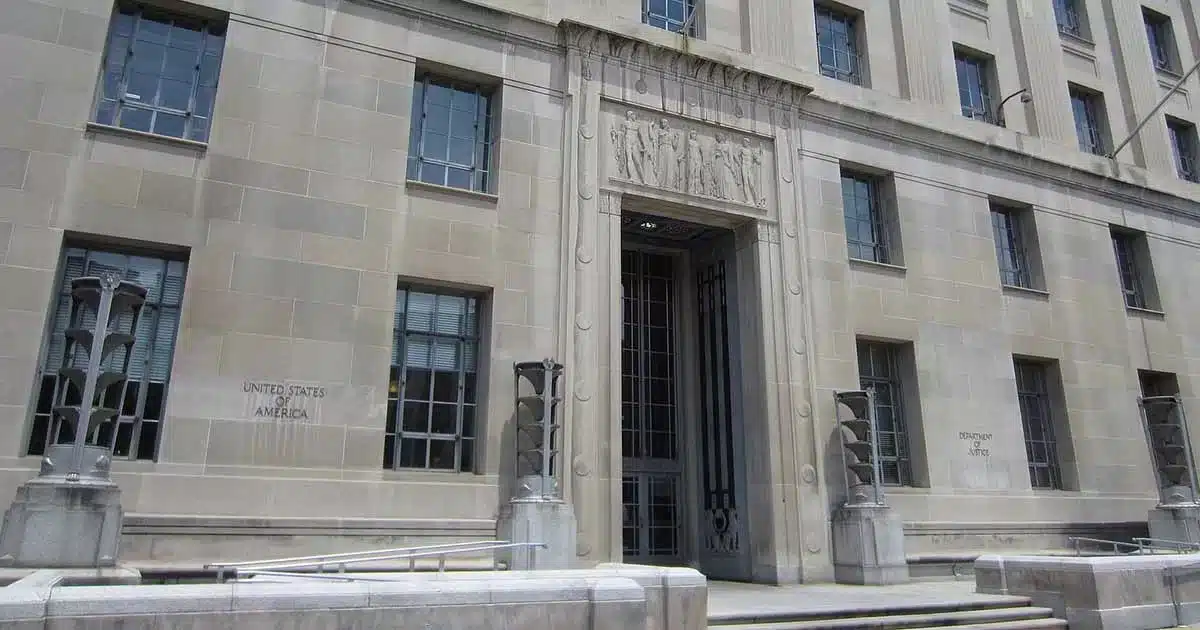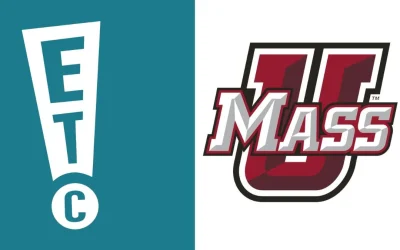Asked by government officials for feedback about the issues facing the entertainment industry, Live Nation Entertainment told regulators that ticket resale is the lone issue harming the ticket-buying consumer.
Basically everyone else told the Department of Justice and Federal Trade Commission a different story: the problem starts — and needs to be fixed — with Live Nation itself.
This week marked the deadline for submissions to the FTC/DOJ’s request for public comment that followed President Trump’s Executive Order on Combating Unfair Practices in the Live Entertainment Market – and the battle lines are clear. More than 4,000 consumers, industry stakeholders, and consumer advocates submitted their two cents in hopes of guiding the administration’s policy.
Live Nation’s Take: More Power to Promoters (like Live Nation)
In a battle for its very survival as the DOJ continues the massive antitrust lawsuit brought during President Biden’s administration, the corporate giant and alleged monopoly continued to push its preferred narrative in its filing: ticket resale is the root cause of all problems.
Its filing claims that bots, speculative listings and “runaway scalping” are responsible for fan frustration, pushing for a 20 percent cap on resale prices over face value is “the single most impactful step to make concert ticketing fairer.” The company dismissed calls for divestiture and warned that breaking up its operations would “delay innovation and hurt consumers.”
Beyond a blanket cap on ticket resale, its comments pushed for the main planks of its “FAIR ticketing” reform package – which would codify the right of event operators and their ticketing contractors to eliminate resale competition entirely at their discretion on an event-by-event basis should they choose.
Notably, LN only calls for price caps on concert ticket resale – sports tickets would be exempt.
Usually a “Fix The Tix” ally, NIVA breaks with the script
The National Independent Venue Association, normally on the same page with Live Nation when it comes to the future of ticketing regulations, took a sharply different tack. In its submission, NIVA called Live Nation–Ticketmaster’s vertically integrated “flywheel” the greatest threat to independent rooms and demanded structural relief:
- Breakup into four standalone companies covering ticketing, promotion, artist management and sponsorship.
- A 15-year, $300-$500 million “venue & promoter rebuilding fund” financed by disgorgement of monopoly profits — including a 50 percent skim from any resale above 120 percent of face value.
- Creation of a federal oversight board with authority to claw back anti-competitive gains.
“Settlements and consent decrees will not rescue fans, artists, and stages disadvantaged by a monopoly,” NIVA wrote, urging a remedy that “should have been required fifteen years ago.”
NIVA did call for significant regulatory changes to resale as well in its filing, but calling for the dismemberment of the entertainment giant likely could cause some friction on the next “Fix The Tix” coalition zoom call.
Consumer and policy groups pile on
- Sports Fans Coalition praised the DOJ’s existing antitrust suit and warned that Live Nation’s price-cap plan would “kneecap” the only real competition Ticketmaster faces.
“Many of the bad experiences that fans experience when purchasing tickets to live events stem
from the anticompetitive conduct of Live Nation-Ticketmaster and the corporate interests with
whom they align,” wrote SFC’s Brian Hess in their submission. “While there is no shortage of ills on the secondary market, either, the DOJ and the FTC should take a holistic approach to regulating the industry. By seeking structural remedies in the antitrust litigation against Live Nation-Ticketmaster, protecting ticket transferability, banning the deceptive practices discussed in this filing, prohibiting price controls,
ending exclusive contracts between ticketers and venues, and increasing enforcement of the
BOTS Act, the Department and the Commission, together, can “Make America Fun Again.”
- National Consumers League urged Congress to pass the bipartisan TICKET Act and told regulators to focus on ending Live Nation’s exclusive-venue contracts and self-preferencing.
“We urge the DOJ and FTC to use their full authority to promote genuine competition in the
live events industry,” wrote John Breyault in NCL’s submission. “Structural remedies, such as divestiture LNE’s component busines lines (primary ticketing, secondary ticketing, venue ownership and operation, event promotion and artist management) and behavioral remedies such as bans on having venues to sign exclusive ticketing contracts, and prohibiting self-preferencing on resale platforms, must also be on the table. Without decisive intervention, consumers will remain trapped in a marketplace designed to prioritize corporate profit over access, fairness, and the joy of live performance.”
- Progressive Policy Institute called the EO’s resale focus a “gift to the monopolist,” arguing that price controls would wipe out legitimate exchanges and drive fans back to Ticketmaster’s platform.
“The most effective tool for restoring competition to live event ticketing markets is antitrust enforcement against Live Nation-Ticketmaster’s anticompetitive, monopolistic conduct that has stifled competition and harmed fans and artists for decades,” writes PPI’s Diana Moss in their filing. “PPI urges the DOJ and FTC to consider that price controls and other regulatory restraints on resale ticketing could actually interfere with this landmark antitrust enforcement effort. These include thwarting antitrust analysis of markets by distorting resale prices, to creating immunities from antitrust enforcement as a result of federal and state regulatory regimes. If the agencies contemplate any regulation of resale ticketing at the federal level, PPI suggests that those recommendations be limited to promoting transparency and ensuring ticket transferability that protects consumers and artists.”
- Thousands of individual fans filed short comments describing crashed onsales, hidden fees and hours lost in Ticketmaster queues — most pointing the finger at what many labeled a “monopoly.”
Some selected remarks:




What happens next
The DOJ and FTC will sift through thousands of submissions as they prepare a report and possible rule-making recommendations. Meanwhile, Live Nation is expected to file its answer to the government’s antitrust complaint later this month, with trial tentatively set for next spring.
Meanwhile, Live Nation has made conspicuous moves to curry favor with President Trump:
- Live Nation Donates $500,000 to Trump Inaugural Committee
- Trump ally Richard Grenell joins Live Nation board amid antitrust scrutiny
- Live Nation’s Trump-allied board pick draws sharp backlash
- Live Nation’s venue PR blitz raises eyebrows amid antitrust fight
For now, the public docket shows a rare consensus across independent venues, consumer advocates and policy analysts: price caps on the secondary market, by themselves, won’t fix a system many believe is dominated — and distorted — by one company at the center.



